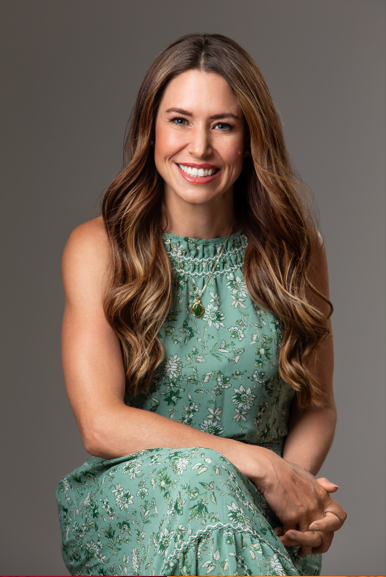Love is a journey filled with ups and downs, and when your partner grapples with symptoms of Obsessive-Compulsive Personality Disorder (OCPD), it adds an extra layer of complexity. This blog aims to shed light on what it’s like to have a partner with OCPD, how it impacts your relationship, and practical ways to offer support.
Understanding Obsessive-Compulsive Personality Disorder: Obsessive-Compulsive Personality Disorder (OCPD) is different from Obsessive-Compulsive Disorder (OCD). OCPD involves a pervasive preoccupation with orderliness, perfectionism, and control. Individuals with OCPD often set extremely high standards for themselves and others, leading to rigidity and a strong desire for things to be just right.
Living with a partner who has OCPD can be challenging. The relentless pursuit of perfection may lead to tension, as your partner might expect the same level of perfection from you. This can manifest in various ways, from meticulous household arrangements to rigid routines, causing strain on the relationship.
Effective communication is the cornerstone of any healthy relationship. When dealing with OCPD, it becomes crucial to express your feelings openly and honestly. Encourage your partner to share their thoughts and concerns as well, fostering a safe space for both of you.
Understanding OCPD is a crucial step in providing meaningful support. Familiarize yourself with reputable sources and seek information from mental health professionals. This not only equips you with knowledge but also enables you to approach the situation with empathy and compassion.
While offering support is important, it’s equally vital to encourage your partner to seek professional help. A licensed therapist or counselor can provide valuable insights and coping mechanisms, helping your partner manage their symptoms effectively.
Setting healthy boundaries is essential in any relationship. When your partner’s OCPD tendencies become overwhelming, assertive communication about your own needs and limits is crucial. Seek compromises that allow both of you to feel comfortable and respected.
Celebrate Progress, Not Perfection: It’s essential to celebrate the small victories. Recognize and appreciate your partner’s efforts to manage their symptoms, even if progress is gradual. A supportive environment that values growth over perfection can positively impact your relationship.
Loving someone with OCPD requires patience, understanding, and a commitment to growth. By fostering open communication, educating yourself, encouraging professional help, setting boundaries, and celebrating progress, you can build a strong foundation for a healthy relationship. Remember, you are not alone, and seeking support from mental health professionals can make a significant difference.
References:
- American Psychiatric Association. (2013). Diagnostic and Statistical Manual of Mental Disorders (5th ed.).
- National Institute of Mental Health. (n.d.). Obsessive-Compulsive Personality Disorder. Retrieved from https://www.nimh.nih.gov/health/topics/obsessive-compulsive-personality-disorder/index.shtml

